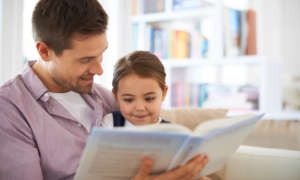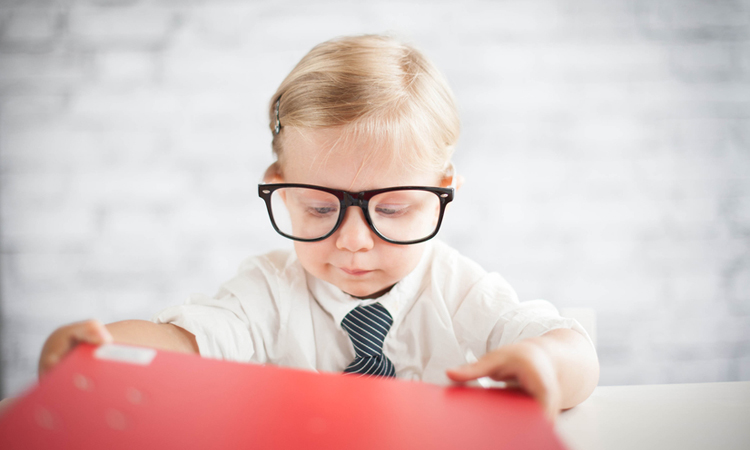When a child begins school, it’s a big change for the entire family. With school comes the possibility of new friends, schedule changes and big lessons to learn. Many parents wonder if they should expect kindergarten homework.
Kindergarten is an important and sometimes underestimated part of any child’s education. Not only do the lessons in the first year in school teach children foundational skills to build on, but they also ease them into a classroom setting – a place they will spend the next dozen years.
However, the kindergarten atmosphere has been changing. With a greater focus on state testing, teachers are jumping into homework much earlier than in previous years.
 Some believe that kindergarteners’ time at home is better spent developing social skills. Young learners can get overwhelmed by assignments so early in their educational careers. Parents also have to transition into spending time playing at home to spending time helping with homework.
Some believe that kindergarteners’ time at home is better spent developing social skills. Young learners can get overwhelmed by assignments so early in their educational careers. Parents also have to transition into spending time playing at home to spending time helping with homework.
In a recent story reshared by the Washington Post, one mother was frustrated that homework was disrupting quality time spent with her son.
“I just can’t imagine prioritizing homework with my 5-year-old son when I feel it’s more important we spend time together as a family, nurture our children, or let the kids play together.” – Cara Paiuk
Many parents share her frustration. They spend hours away from their children at work. When they come home, they only have a few hours to spend together until bedtime.
 Structured homework can take away from unstructured play time, but some teachers continue to preach the benefits of homework. There are obvious benefits for having kindergarteners learning earlier when they must eventually tackle mandated testing.
Structured homework can take away from unstructured play time, but some teachers continue to preach the benefits of homework. There are obvious benefits for having kindergarteners learning earlier when they must eventually tackle mandated testing.
While kindergarten homework is assigned to boost test scores, assigning homework early in a child’s educational career serves another important function.
“I tell my parents that kindergarten homework is important for establishing the routine of sitting down in a quiet place with all the materials ready so that work can happen without distractions. This is a routine that will become a habit, which will become a lifelong asset. However, I also tell my parents that unstructured play is more important.” – Valerie Hardy
Teachers and parents alike are struggling with the balance between providing a strong educational foundation for young children and leaving time for socialization and play in their lives. We are continually rewiring our understanding of the way children learn and the way to teach and parent them to the best of our ability.


